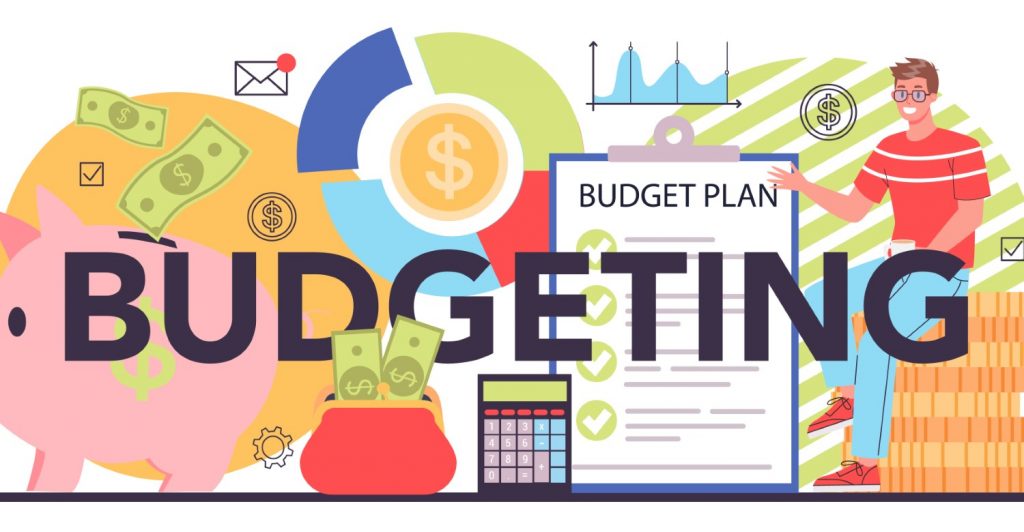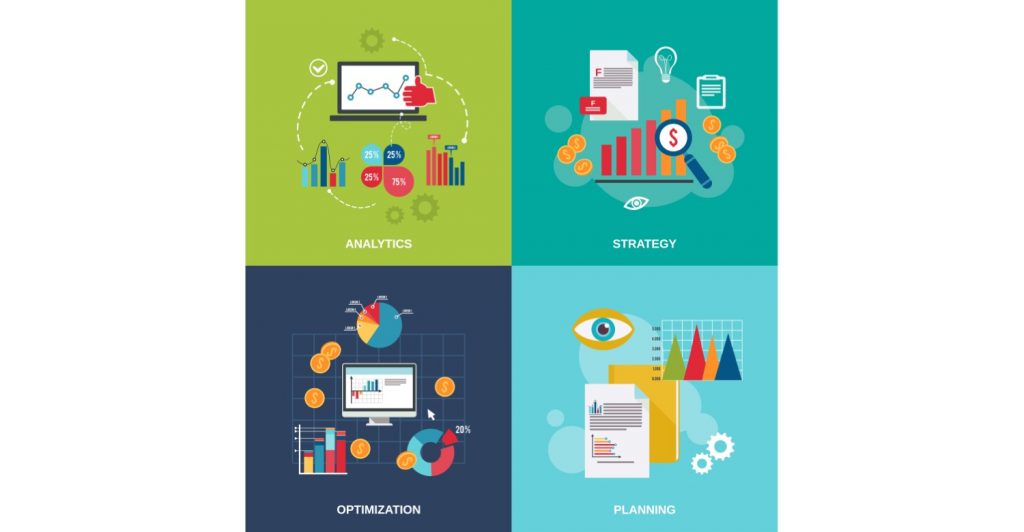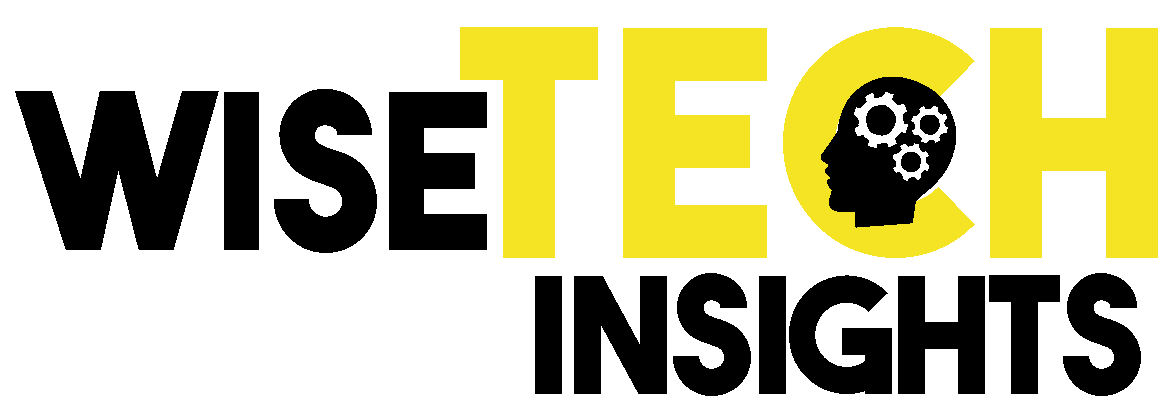In today’s fast-paced business world, managing your finances is no longer just a luxury for small businesses; it’s become an absolute necessity. The evolution of accounting software has played a pivotal role in helping small business owners streamline their financial processes, make informed decisions, and navigate the complexities of tax compliance. This comprehensive article delves into small business Bookkeeping Systems, exploring their wide-ranging advantages and essential vital features and highlighting top-notch options.
Table of Contents
The Significance of Bookkeeping Systems for Small Businesses
A well-structured financial management system is at the heart of every thriving small business. Accurate bookkeeping is more than a mundane task; it’s the backbone of tracking expenses, invoicing clients, and ultimately scaling your business. This is precisely where accounting software enters the scene, transforming these crucial financial operations into efficient and accessible processes. With the right accounting solution designed specifically for small businesses, you gain the power to:
- Centralize Your Financial Tasks: Seamlessly manage diverse financial responsibilities, from bookkeeping to meticulous tax preparation, all within a single, unified platform.
- Real-Time Insights: Harness the ability to access up-to-the-moment insights into your financial health. These real-time data points empower you to make well-informed decisions with confidence and precision.
- Automate Repetitive Tasks: Bid farewell to the days of worrying about human error. They let you automate repetitive tasks, freeing you to focus on strategic growth and innovation.

Essential Features to Seek in Small Business Accounting Software
When selecting the right Business Bookkeeping Software for your small business, it’s crucial to identify features that align with your unique needs and business model. Consider these key elements:
1. Invoicing and Billing
Efficient management of invoices and billing is at the core of financial stability. Seek software that empowers you to:
- Craft and dispatch professional invoices to clients, reinforcing your brand’s credibility.
- Implement recurring invoicing for retainer-based clients, ensuring consistent and timely payments.
- Monitor invoice statuses and send automated payment reminders, ensuring a healthy cash flow.
2. Expense Tracking and Management
Effectively tracking and managing expenses is the bedrock of financial clarity. Opt for software that facilitates:
- The capture and meticulous categorization of expenses, simplifying tax deductions, and auditing.
- The ability to link expenses directly to specific projects or clients, enhancing accountability and project-based budgeting.
- The generation of comprehensive expense reports, providing valuable insights for improved financial planning.
3. Comprehensive Financial Reporting and Analytics
Powerful financial reports serve as windows into your business’s performance. Prioritize software that offers:
- Balance sheets, income, and cash flow statements paint a holistic picture of your financial standing.
- Customizable reporting options allow you to zero in on the metrics that matter most to your business’s success.
- Visual analytics tools that unveil trends and patterns, enabling you to make proactive adjustments to your financial strategies.
Top Solutions for Small Businesses
The options can be overwhelming in the vast landscape of Financial Automation Software solutions. To simplify your search, consider these reputable choices tailor-made for small businesses:
| Software | Key Features | Pricing |
|---|---|---|
| QuickBooks Simple Start | expense tracking, robust reporting | Starting at $15/month |
| Xero early | User-friendly interface, multi-currency support | Starting at $13/month |
| FreshBooks Lite | Time tracking, client portals, and integrations | Starting at $17/month |
| Wave Accounting | Free accounting software, invoicing, receipt scanning, paid add-ons available |
Application Scenarios: Transformative Power of Accounting Software
To get an idea of the tangible impact of the Bookkeeping System, let’s explore two real-life scenarios where small businesses witnessed remarkable transformations:
Scenario 1: Retail Reimagined
An owner of a boutique fashion shop in the center of town. Despite having a unique collection and a loyal customer base, I needed help managing my finances as my store grew.
Manual bookkeeping and inventory management became a hassle, and I needed more time for my creative side. That’s where the Bookkeeping System came in.
The Owner’s life improved by implementing Financial Automation Software specifically designed for small businesses. She managed her inventory, tracked sales, and automated her invoice process.
The software created insightful reports that identified her best-selling items and enabled her to forecast demand accurately.
This newfound efficiency gave me back my love for my business. It also helped me make strategic growth decisions, which helped my boutique become a retail sensation.
Scenario 2: Crafted Culinary Ventures
An up-and-coming chef opened a rustic cafe that quickly became popular for its artisanal flavors and laid-back atmosphere. But as the lines grew, so did the cash flow problems. He needed the proper organization to juggle day-to-day transactions, supply orders, and payroll. That’s when he turned to Financial Software Solutions.
The Owner took a specialized Bookkeeping System designed for small businesses to revolutionize his cafe’s financial landscape. He could track his daily sales, monitor inventory levels in real-time, and manage employee payroll with just a few clicks. With the software’s expense tracking feature, he could identify areas where he could cut costs, allowing him to spend more wisely on new menu items.
As his cafe grew, The Owner realized that embracing technology had improved his financial processes and enabled him to concentrate on what he loved the most: creating culinary delights that pleased his customers.

Conclusion: Empowering Your Business’s Potential
Before we close the curtains on this accounting software journey, it’s important to remember that choosing a Bookkeeping System partner isn’t just about a transaction. It’s about investing in a partner that can help you overcome financial challenges and reach new heights.
Whether you’re attracted to QuickBooks Online’s all-encompassing power, Xero’s easy-to-use interface, FreshBooks’ holistic strategy, or Wave Accounting’s refreshing simplicity, the goal remains the same: unlock your business’s full potential.
FAQ: Bookkeeping Software for Small Businesses
Q1: What is accounting software, and why do small businesses need it?
A1: It’s a digital solution to streamline financial management tasks such as bookkeeping, invoicing, expense tracking, and reporting. It is a powerful tool for small businesses to efficiently manage finances, gain real-time insights, and ensure accurate tax compliance. With its automation capabilities and robust features, Bookkeeping Software empowers small business owners to focus on the big vision of the business instead of administrative tasks.
Q2: How does accounting software benefit small businesses?
A2: They offers a range of benefits, including:
Efficiency: Automation of tasks reduces manual effort and minimizes errors.
Real-Time Insights: Instant access to financial data enables informed decision-making.
Accuracy: Proper bookkeeping and expense tracking ensure precise financial records.
Compliance: Software helps adhere to tax regulations and reporting requirements.
Time Savings: Automating repetitive tasks frees up time for strategic planning.
Business Growth: Streamlined processes enable scaling without financial chaos.
Q3: What are the key features to look for in Bookkeeping System for small businesses?
A3: Key features to prioritize include:
Invoicing and Billing: Ability to create professional invoices, automate recurring billing, and manage payment reminders.
Expense Tracking: Easy capture and categorization of expenses, linking to projects or clients.
Financial Reporting: Comprehensive balance sheets, income statements, and customizable reports.
Automation: Task automation, such as recurring invoices and expense categorization.
Integration: Compatibility with other tools, like payment gateways or project management apps.
Q4: How do I choose the right Business Finance Software for my small business?
A4: Consider factors such as:
Business Needs: Identify tasks that require automation and areas of financial challenge.
Scalability: Choose software that can accommodate your business’s growth trajectory.
Usability: Opt for user-friendly interfaces and intuitive navigation.
Cost: Balance features against pricing plans that suit your budget.
Customer Support: Look for providers offering reliable customer assistance.
Q5: Can accounting software handle different types of small businesses?
A5: They’re designed to cater to various industries and business sizes. Whether you run a retail store, a service-based company, a cafe, or any other type of small business, software options are tailored to your needs. Selecting software that aligns with your specific industry requirements and growth goals is essential.
Q6: Are cloud-based accounting solution options secure?
A6: Cloud-based solution providers prioritize security measures such as data encryption, regular backups, and authentication protocols. Reputable providers comply with industry standards and regulations to safeguard your financial data. However, it’s wise to research the security practices of the software provider before making a decision.
Q7: How can accounting apps enhance financial decision-making?
A7: they provides real-time insights into your business’s finances, enabling you to make data-driven decisions. With accurate data readily available, you can assess profitability, identify trends, forecast future expenses, and allocate resources effectively. These insights empower you to strategize and make informed choices that drive your business forward.
Q8: Can I switch to a Bookkeeping System as my business grows?
A8: Many solutions offer scalability, allowing you to upgrade plans or switch to more advanced versions as your business expands. When selecting software initially, consider its flexibility to accommodate your evolving needs. Some providers even offer migration assistance to make the transition smoother.




